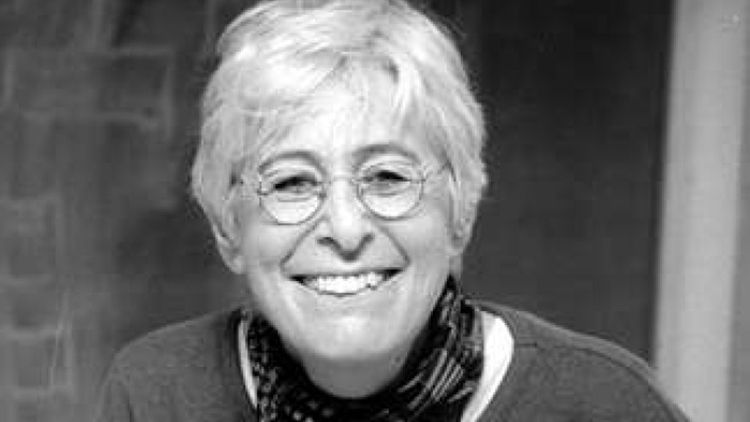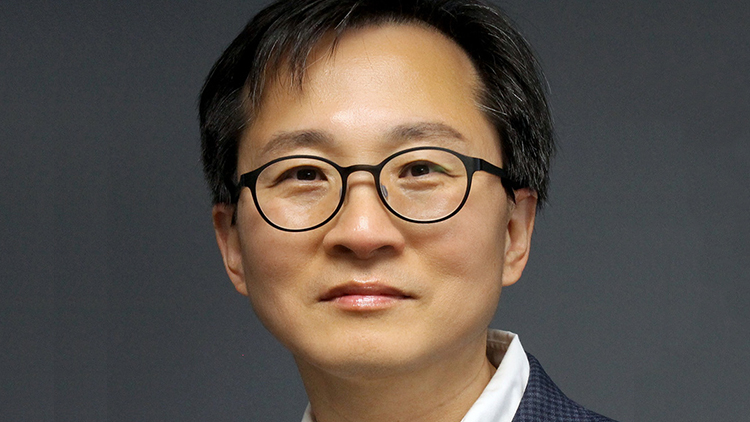
Two speakers
Friday, March 15, 2024
2:00 to 5:00 pm
MIT campus, Building 10, Bush Room 10-105
Claire J. Kramsch
Emerita professor of German, UC Berkeley
will be speaking on “Quiparle?: Reconceptualizing Culture In A Globalized World”
Sang-Seok Yoon
Assistant Professor in Korean Linguistics, University of Iowa
will be speaking on “Beyond Hallyu: Tackling the Challenges of Teaching Culture in L2 Classrooms”
Talk abstracts below.
This is an in-person event.
Advance reservation required.
Co-organized by MIT Global Languages and SUNY at Binghamton, supported by the Academy of Korean Studies.
Getting here:
Parking in Cambridge can be expensive and hard to find. Whenever possible, park where you’re staying and use public transportation or a taxi/rideshare service. If you must drive to the campus, on- and off-street parking is available for a fee, but most public parking is not very close to the center of campus. More parking information is available from Parkopedia
“Quiparle?: Reconceptualizing Culture In A Globalized World”
Claire J. Kramsch, Emerita professor of German, UC Berkeley
Despite the plethora of creative, innovative materials produced – in particular at MIT with Furstenberg’s Cultura project to teach culture in FL classes, foreign language learning and teaching is still too often reduced to teaching language either as a culturally neutral code or as the linguistic expression of predetermined cultural stereotypes. Efforts to teach for intercultural competence have lacked the social symbolic dimension necessary to deal with the symbolic power struggles experienced by participants in intercultural encounters. In addition, the global spread of English has diminished the need to teach local knowledges and behaviors attached to “local cultures”. And the advances in Open AI seem to be making the teaching of culture in language classes obsolete.
In this presentation a I will reflect on the need to re-conceptualize “culture” in discursive/semiotic terms and along poststructuralist principles. I will rehabilitate, to quote Brian Street, “culture as a verb”. Such a reconceptualization will give renewed importance to the notions of exercising linguistic choice (Slobin 1996), positioning oneself as a speaking subject (Bhabha 1994) and using language as symbolic power (Kramsch 2021). As language learners and users in a global world, we are not only global citizens, rather we occupy a complex “locus of enunciation” or subject position, that enables us not just to be understood, but to be valued, taken seriously, treated with respect. In turn, if we can make sense not just of what others say, but why they say it based on their subject position, we will be better able to value them and treat them with respect. As postcolonial scholars de Figueiredo & Martinez explain, “Unmasking one’s own locus of enunciation (and/or that of others) means being conscious of and explicit about the geographical, historical, bodily, and ideological context from which one is speaking (2021:356). Such an unmasking is a way of decolonizing, i.e., de-universalizing and re-localizing knowledge in the very language-as-discourse system that we are teaching.
Locating culture in the locus of enunciation of a learner as speaker and writer and in the positioning of a text’s narrator makes visible the capacity of FL learners to exercise not just communicative competence but symbolic power. And that is a power that ChatGPT may never have.
“Beyond Hallyu: Tackling the Challenges of Teaching Culture in L2 Classrooms”
Sang-Seok Yoon, Assistant Professor in Korean Linguistics, University of Iowa
It is now a matter of common knowledge that learning a language necessarily entails learning the culture in which the language is embedded. In the field of SLA, it has been agreed that cultural knowledge is the fifth skill that needs to be acquired, along with the traditional four skills of speaking, listening, reading, and writing. According to Kramsch (2017), culture is a varied set of values and beliefs that inform, guide, and motivate people’s behavior, therefore, learning L2 culture is more than simply memorizing target cultural information.
The Korean language is considered one of the most challenging languages for English native speakers to learn, given the linguistic and cultural distance between Korean and English. Within this context, Korean educators are actively engaged in endeavors to integrate ‘culture’ into their pedagogical approach. Various suggestions have been proposed for teaching Korean culture in Korean as a Foreign Language classrooms.
This presentation aims to scrutinize prevailing trends in cultural education within Korean language classes. Drawing upon a comprehensive analysis of presentations spanning the last five years at the American Association of Teachers of Korean (AATK), it has its purpose of introducing Korean educators’ innovative attempts to incorporate culture into their classes.
Among the prominent trends discerned, one of the major trends is the integration of Project-Based Language Teaching (PBLT) and Content-Based Teaching (CBT), utilizing various modes of authentic cultural materials, including literary works. Further, it is notable that more attempts are being made to nurture students’ Interactional Competence (IC) based on empirical research. Additionally, the use of a variety of online tools has become popular, especially during the pandemic.
While examining the current trends, I will discuss limitations and implications of how to approach culture in Korean language education, which will be beneficial to foreign language education in general.
[image above: Huile sur toile, 1930. Musée National d’Art Moderne, Paris. Donation Sonia Delaunay et Charles Delaunay 1964. Wikimedia Commons (US Public Domain).]
Speakers

- Emerita professor of German, UC Berkeley
After studying German Language and Literature in the 1950’s at the University of Paris-Sorbonne, Professor Kramsch emigrated to the United States, where she taught German language and literature at MIT and Applied Linguistics at Cornell University. At UC Berkeley since 1990, she is now retired from the German Department and holds an appointment as Professor of the Graduate School. Her area of research is applied linguistics, with emphasis on social, cultural and stylistic approaches to language study.

- Assistant Professor in Korean Linguistics , University of Iowa
Sang-Seok Yoon earned a PhD in Korean Linguistics from the University of Hawai’i at Manoa. He joined the University of Iowa Department of Asian and Slavic Languages and Literatures in 2012. The focus of his research is sociolinguistics, pragmatics, and second language acquisition. He specializes in linguistic politeness of the Korean language, and is one of the authors of the Integrated Korean Textbook series by the University of Hawaii Press, the most commonly used Korean textbook in the U.S.
